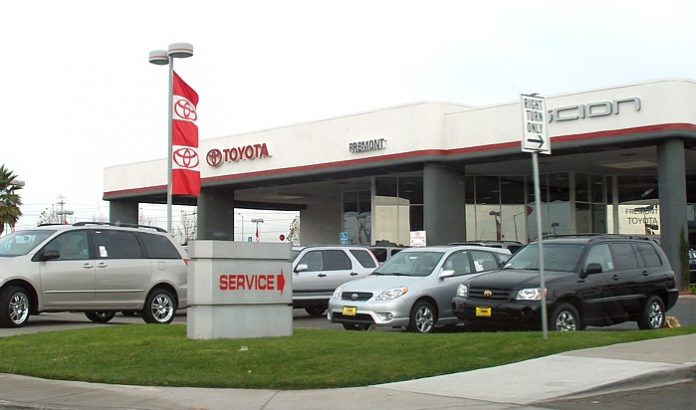
By Mia Bevacqua
In 2019, SUVs and light trucks accounted for 70% of all vehicle sales, with 5.9 million units moved. Meanwhile, sedan sales figures dropped to 1.9 million – down from 3 million in 2012.
It’s no secret SUVs are all the rage these days. Four-door cars, on the other hand, are not. But Toyota is hoping to revive dealer sales of sedans by offering all-wheel drive (AWD) on both its Camry and Avalon models. The cars will be available exclusively in the United States, where consumers have a strong desire for all-wheel drive capability.
Both the Camry and Avalon pack a 2.5L four-cylinder engine under the hood. Power routes through an 8-speed automatic transmission to Toyota’s Dynamic Torque Control AWD system. The AWD technology can direct up to 50 percent of engine torque to the rear wheels as needed. When front-wheel drive is all that’s required, an electromagnetic coupler can disengage the rear differential to improve fuel economy.
Neither of the cars was initially designed to have AWD – Toyota’s R&D team in Michigan made it happen. Fortunately, the sedans share the same platform as the brand’s popular compact SUV, the RAV4. Being able to share underpinnings simplified the AWD conversion, though Structural modifications were still required.
Toyota says: “Customers can expect the Camry and Avalon AWD to provide similar ride and handling characteristics as the FWD models, plus of course the added traction capability. The suspension tuning, wheels, and tires differentiating the Camry and Avalon model grades carry over to the new AWD models. That means, for example, the Camry XSE grade features the same sport-tuned suspension and 19-inch wheels in FWD and AWD versions.”
The Camry AWD will be a 2020 model. Dealers can expect the car on their lot by early spring next year. As for the Avalon AWD, it will be a 2021 model, arriving at dealerships next fall.












